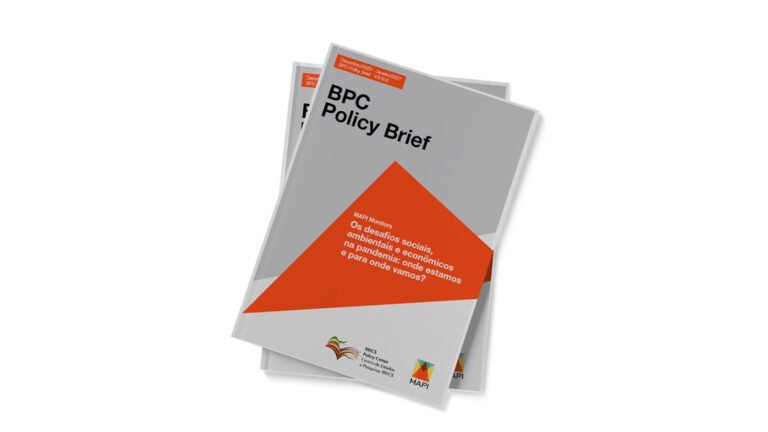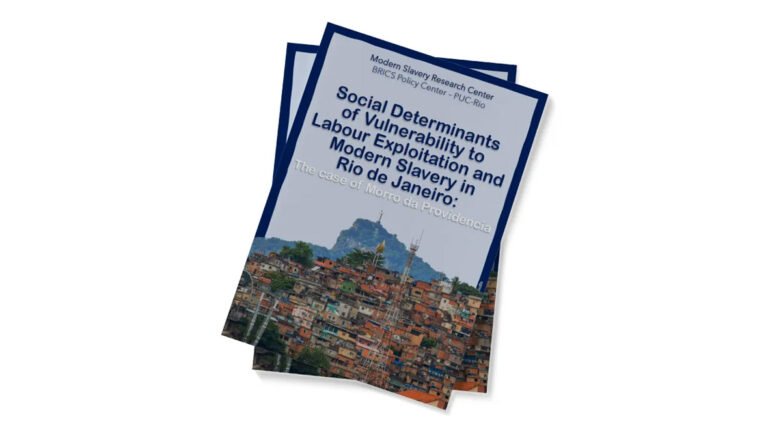The article addresses global supply chains and cross and connect judicial systems, providing regulatory and legal frameworks in which supply chains operate. It investigates the impact of modern slavery laws and other parts of the legal framework surrounding Brazilian-UK beef and timber supply chains and how they interact with supply chain and market characteristics. The study also outline current challenges to the supply chain management and bring a historic and empirical aspects in which they operate.
Further on, the study connects the legal frameworks to supply chain characteristics and dynamics and explains current business practices along the use of two case studies of market-leading businesses. The connection result in a discussion of the modern slavery exposure of the Brazilian-UK beef and timber supply chains. The heterogeneity of these two agricultural supply chains enables a comparison and extraction of relevant factors that impact modern slavery exposure.




